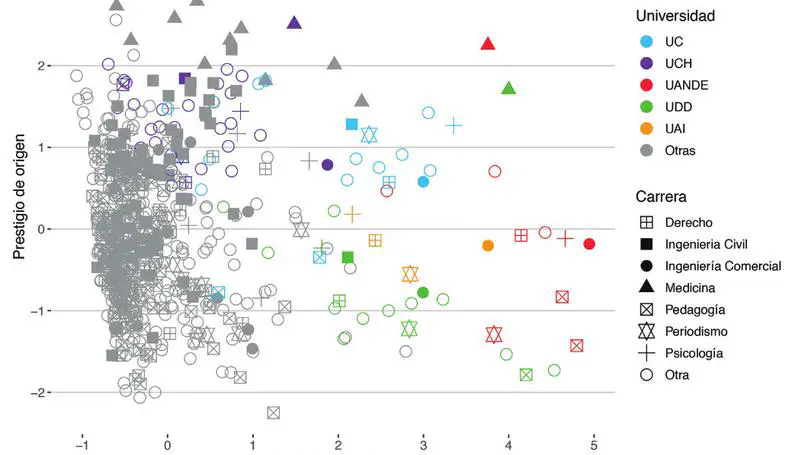Welcome!
I am Gonzalo, a Postdoctoral Researcher at the Laboratory for the Computational Analysis of Egonetworks, Social Cohesion, and Exclusion (COALESCE Lab) at the Universitat Autònoma de Barcelona.
I recently completed my PhD in Sociology and Methodology of Social Research at the University of Milan, where I was affiliated with the Department of Social and Political Sciences and the NASP – Network for the Advancement of Social and Political Studies.
Previously, I was a Postdoctoral Researcher at the University of Turin, and a Visiting Fellow at both the Universitat Autònoma de Barcelona and the University of Chile. I am also affiliated with the Research Lab on Social and Political Change (SPSTrend) and the Chilean Society for Social Network Science.
My research examines how people understand social inequalities and how these are reproduced, reinforced, or contested through social relationships. I focus on both social stratification (objective inequalities) and distributive justice research (subjective inequalities).
In my doctoral dissertation, I examined how the socioeconomic composition of individuals’ social environments shapes their attitudes towards inequality, with an emphasis on personal networks and socializing institutions like schools and neighborhoods. I addressed this through cross-country data, complex network methods, and a life course perspective, analyzing variations across social positions.
My work has been published in Network Science, Social Indicators Research, Frontiers in Sociology, and Spanish Journal of Sociology, among others, addressing inequality, social mobility, and distributive justice through methods including network analysis, longitudinal and multilevel approaches, and comparative research.
I have gained teaching experience doing undergraduate courses on sociological theory, inequality, economic sociology, and quantitative methods at Collegio Carlo Alberto, Pontificia Universidad Católica de Chile, Alberto Hurtado University, and San Sebastian University. I have also worked as a Socioeconomic Analyst at the National Statistics Institute of Chile.
You can find more about my publications, work in progress, and teaching on this site.
Feel free to reach out if you’d like to connect, collaborate, or discuss research!
- Inequality
- Social stratification
- Distributive justice
- Social mobility
- Social networks
PhD in Sociology and Methodology of Social Research, 2025
University of Milan
MA in Sociology, 2018
Pontificia Universidad Católica de Chile
BA in Sociology, 2014
Pontificia Universidad Católica de Chile
Publications
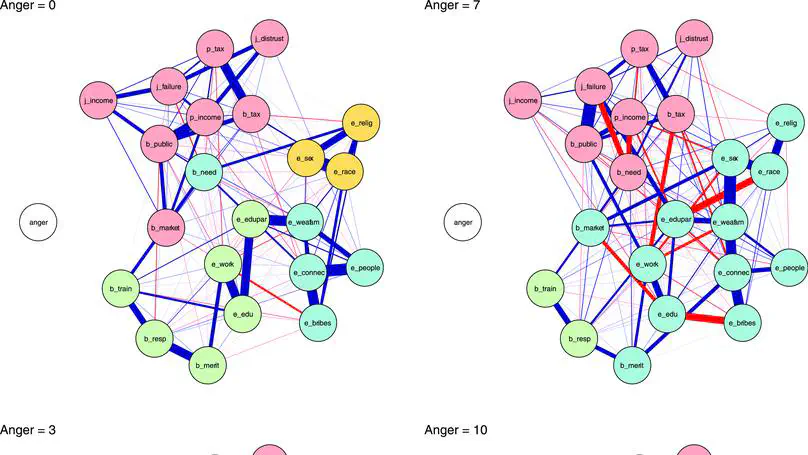
This study examines inequality belief systems in the U.S. using data from the 2019 ISSP Social Inequality module, showing they form cohesive small-world networks centered on perceptions of inequality and support for redistribution. By applying network models and simulations, it demonstrates that anger strengthens and polarizes these systems, while changes in central attitudes trigger broader shifts across beliefs.
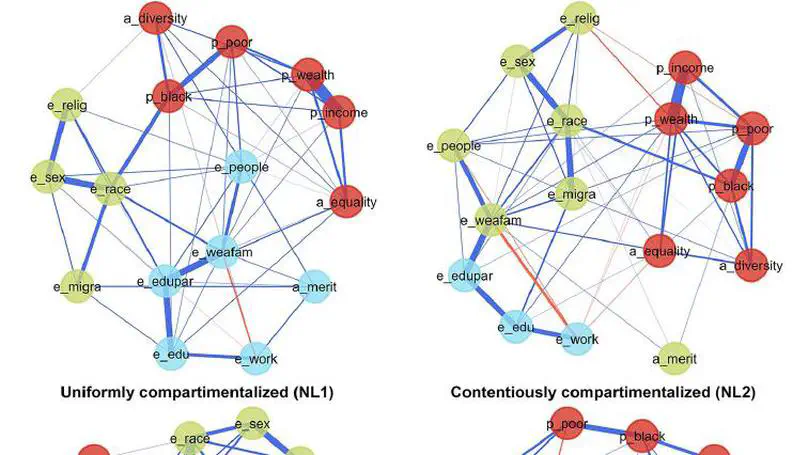
This paper introduces the concept of inequality belief systems as networks of perceptions, explanations, and attitudes. It uses U.S. and Dutch survey data to identify distinct systems that differ structurally and shape support for redistribution.
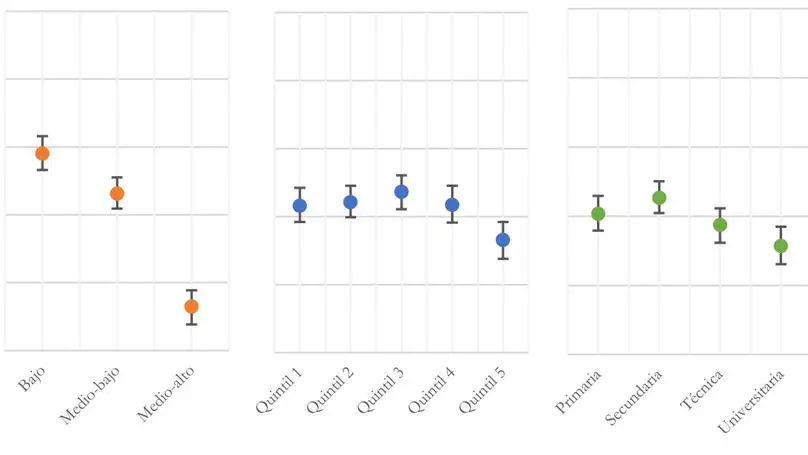
This paper examines people’s evaluation of distributive justice in Chile. The objective is to explore how individuals’ subjective social position affects their judgment of their own income and whether this judgment rests on a notion of merit.
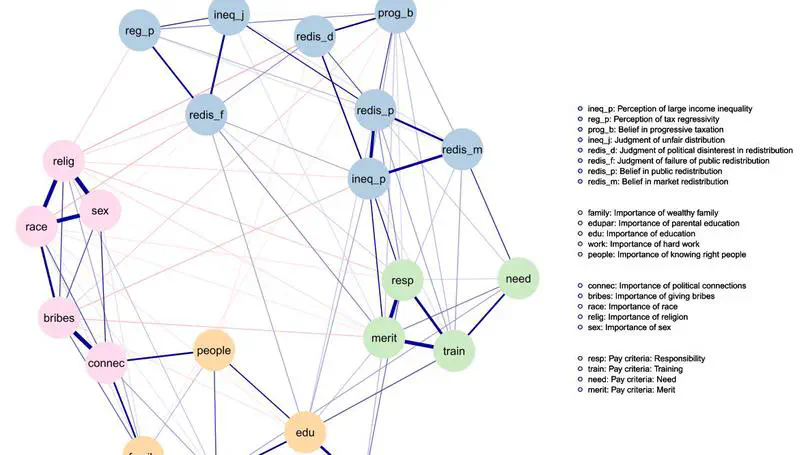
This article constitutes the first application of the attitude network approach to peoples’ views on inequality. We adopt a network model in which nodes represent survey variables and edges their conditional associations. This allows us to conceptualize perceptions, beliefs, and judgments about inequality as a network of connected evaluative reactions.
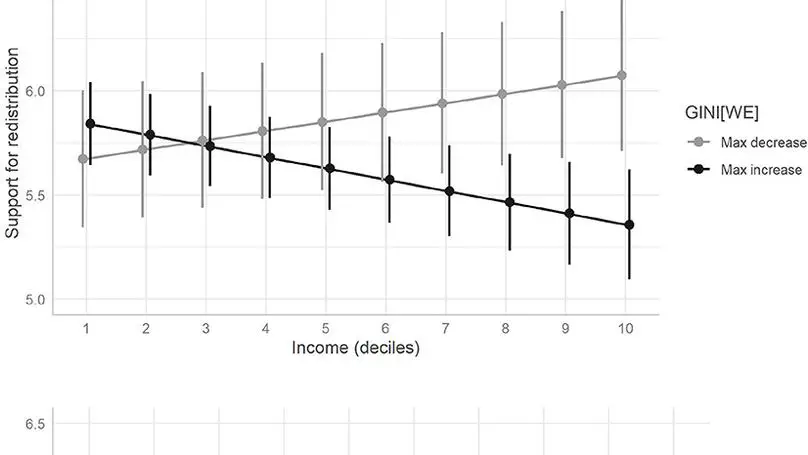
A series of theories focused on self-interest have continuously established a negative link between people’s income and their support for the reduction of inequalities through redistribution. Despite this, the evidence is scarce and sometimes contradictory while its study in Latin America is almost non-existent. Using data from the LAPOP Survey between 2008 and 2018, a longitudinal dimension is considered for the first time in the measurement of Latin American redistributive preferences, using hybrid multilevel regression models.
Work in Progress
Teaching
Sociological Paradigms
The purpose of the course is to introduce students to the founding question of sociology about the conditions that make social ties …
Sociology of Inequality
The course introduces students to the phenomenon of inequality at its multiple levels, providing tools to distinguish the main …
Economic Sociology
This course aims to - 1. Familiarize students with the concepts and interpretations that underpin the sociological reflection of the …
Economic Theory and Thinking
Theoretical subject belonging to the complementary curricular line, taught in the second semester of the course. The student will …
Classical Sociology
Theoretical subject belonging to the complementary curricular line, dictated in the first semester of the course. It is proposed that …
Applied Quantitative Social Research
The recognition of an insufficiency in the methodological training of those who face the daily challenge of observing, knowing and …
Contemporary Sociology
Theoretical subject belonging to the complementary curricular line, taught in the second semester of the course. The student will …
Introduction to R
In this series of capsules you will learn some basic tools for data processing with R. Several of the topics reviewed are part of the …
Applied Statistics for Social and Political Sciences
The aim of this course is to provide you with the core statistical and conceptual tools needed to understand and conduct reliable …
Conferences
ECSR Annual Conference 2025
Different paths, different attitudes: How the socioeconomic composition of life course social environments shapes distributive perceptions and beliefs
The 5th ISA Forum of Sociology
Social Networks and Attitudes Towards Inequality: Unraveling the Influence of Acquaintances’ Socioeconomic Diversity and Status across Contemporary Societies. Different Paths, Different Attitudes: How the Socioeconomic Composition of Life Course Social Environments Shapes Perceptions of Inequality and Egalitarian Beliefs.
Sunbelt 2025 International Conference
Inferential Distributive Networks: Analyzing Socioeconomic Segregation in School Friendships and Its Influence on Students’ Perceptions and Explanations of Inequality.
ISA RC28 on Social Stratification and Mobility Spring Meeting 2025
Different Paths, Different Attitudes: How the Socioeconomic Composition of Life Course Social Environments Shapes Perceptions of Inequality and Egalitarian Beliefs
ECSR Annual Conference 2024
Beyond Borders - Decoding How Socioeconomic Diversity Shapes Views on Inequality in Today's World.
ISA RC28 on Social Stratification and Mobility Summer Meeting 2024
Social Relationships as Distributive Inferences: Implications of Socioeconomic Segregation of Acquaintances on People’s Attitudes Toward Inequality
NASP-CCA Days Conference 2024
Social Segregation and Attitudes Toward Inequality - Unraveling the Influence of Socioeconomic Status and Diversity of Social Networks Across Contemporary Societies.
BSA Virtual Annual Conference 2024
Breaking Boundaries - Unraveling the Impact of Socioeconomic Heterogeneity on Attitudes towards Inequality in Contemporary Societies
The 7th European Conference on Social Networks
Modelling, estimating, simulating - formalizing attitudes towards inequality as a complex network
The 10th Conference of the European Survey Research Association
Experiencing heterogeneity - socioeconomic diversity in everyday interactions and attitudes towards inequality across contemporary societies (Gonzalo Franetovic). Overcoming the structuralist/individualist dichotomy - Inequality beliefs from a new network and comparative perspective (Arturo Bertero). EU solidarity in troubling times - does cultural cleavage matter? (Simona Guglielmi).
XX ISA World Congress of Sociology
Preferences for Income Redistribution in Unequal Contexts - Changes in Latin America between 2008 and 2018
ECPR Joint Sessions of Workshops
Modelling, estimating, simulating - formalizing attitudes towards inequality as a complex network
VII Annual Conference of the Italian Society for Economic Sociology
Modelling, estimating, simulating - formalizing attitudes towards inequality as a complex network
I Chilean Social Network Conference CHISOCNET
How do people understand inequality in Chile? A study of attitudes through network analysis
ISSP Social Inequality User Conference
Overcoming the structuralist/individualist dichotomy - Inequality beliefs from a new network and comparative perspective
LSE-COES 2019 International Conference. Inequalities, conflict and change - perspectives and cases from Latin America
Preferences for redistribution, income and inequality in Latin America - an unresolved relation
V International Seminar Inequality and Social Mobility in Latin America
Redistributive preferences in unequal contexts. Changes in Latin America between 2008 and 2014
V International Conference COES 2018
Neoliberal policies and income concentration - a longitudinal and comparative analysis in a Latin American context
XXXI Congress ALAS 2017
Redistributive preferences in Latin America - longitudinal and critical evidence of self-interest
